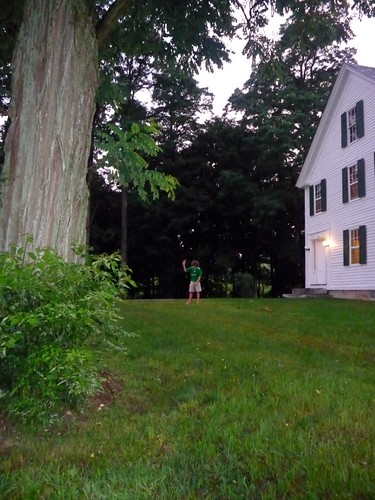Dutton and Marles send mixed signals over next step in reconciliation amid referendum fallout
Dutton #Dutton

Peter Dutton says it is still Coalition policy to symbolically recognise Indigenous Australians in the constitution – less than 24 hours after he declared the promise was under review and voters were “over” referendums.
Labor’s Indigenous policy was also unclear on Tuesday after the deputy prime minister, Richard Marles, endorsed “closing the gap” and “reconciliation” without recommitting to truth telling and treaties, the remaining elements of the Uluru statement from the heart.
Marles told reporters in Canberra on Tuesday: “Australia has asked the government to do this in a different way, given the result of the weekend’s referendum.”
On Monday, Dutton said of the promised second referendum: “It’s clear that the Australian public is probably over the referendum process for some time.”
The Coalition’s policy will be reviewed by senators Jacinta Nampijinpa Price, the shadow minister for Indigenous Australians and leading no campaigner, and Kerrynne Liddle.
On Tuesday, Dutton told Channel Seven’s Sunrise that “there’s a lot of interpretation on this, but the Liberal party’s gone to elections – every election since John Howard was leader – with the same policy” for constitutional recognition.
“I think it is a respectful thing to do, it remains our policy, but as I’ve said … you can’t go to a referendum unless you think you’re going to win it.
“This was the huge mistake that the prime minister made, which ended up humiliating him and dividing our nation.”
The Uluru statement from the heart, which was agreed at the 2017 national constitutional convention, called for “substantive” constitutional change that would empower Indigenous Australians through a First Nations voice – a proposal defeated at Saturday’s referendum.
Dutton said on Tuesday governments should “only go to a referendum when you’ve got bipartisan support, when you’ve got support from the Indigenous leaders” – putting a further two hurdles in the way of a proposal for symbolic recognition.
“I think I just made a statement of the obvious that I don’t think Australians are really wanting to rush back to the polls for a referendum.”
Albanese has noted that Indigenous communities overwhelmingly voted for the voice and justified going ahead with the referendum by arguing he wanted to give Indigenous Australians “agency” and “to accept the invitation that they offered”.
“I believe that when you make a commitment, including a commitment to Indigenous people, that it should be fulfilled,” Albanese told parliament on Monday.
Asked about this statement, Dutton agreed but said Albanese had “promised on 34 occasions that he committed fully to the statement from Uluru in full – that means not just a voice, it means treaty, it means truth telling”.
“The prime minister now says he doesn’t know whether he’s committed to that process or not.
skip past newsletter promotion
Sign up to Afternoon Update
Our Australian afternoon update breaks down the key stories of the day, telling you what’s happening and why it matters
Privacy Notice: Newsletters may contain info about charities, online ads, and content funded by outside parties. For more information see our Privacy Policy. We use Google reCaptcha to protect our website and the Google Privacy Policy and Terms of Service apply.
after newsletter promotion
“I think there’ll be a lot of Indigenous leaders pretty unhappy with the prime minister who says one thing in one room, and then walks into the next room and says completely the opposite.
“So, I think it’s important to live up to your word and what you’ve said.”
Marles said Dutton had been “been all over the place in terms of his positions on this from the very beginning”.
“It’s been impossible to have any consistent line drawn through Peter Dutton’s behaviour other than playing politics to the maximum possible extent.”
On Monday, the prime minister committed to “coming together after conflict” but deflected questions about treaty and truth telling.
The way forward for reconciliation will be considered at Labor’s caucus on Tuesday, but the government will also need to wait for the week of silence before seeking input from Indigenous leaders.
The assistant minister for Indigenous Australians, Malarndirri McCarthy, told Radio National the government respected the outcome of the referendum but she found it “deeply disappointing” that Australians “don’t want to see First Nations people recognised and they don’t want to have a voice to the parliament”.
“It’s not right as a First Nations person to have to keep explaining why your history is important in this country and why we’ve been here for over 65,000 years … But we have to obviously keep doing that now because Australians voted no.”
McCarthy said the government had “always been clear that the Uluru statement from the heart was really important to us”.